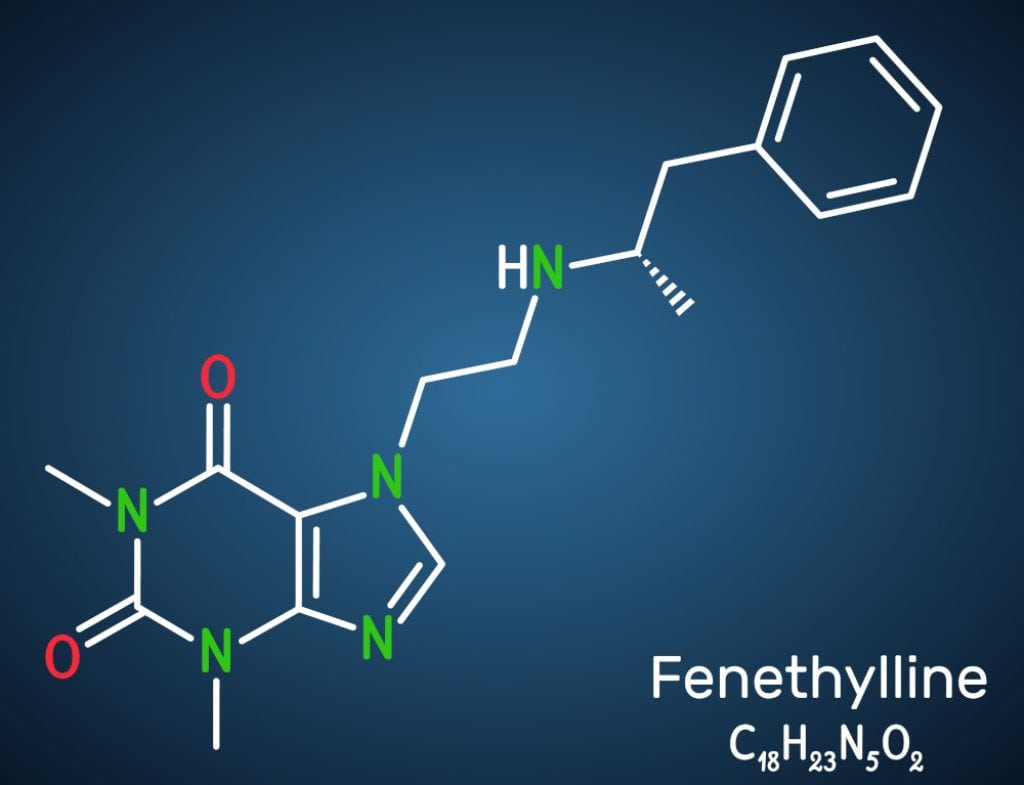
In the wake of Bashar al-Assad’s ouster, footage began circulating that allegedly showed production hubs in Syria for the amphetamine-like drug fenethylline, now commonly known by one of its former brand names, “Captagon.” Worth some $10 billion, the illicit captagon trade served as a financial lifeline for the Assad regime, which came under intense economic pressure after the outbreak of the Syrian Civil War. On December 14, Hayat Tahrir al Sham (HTS) leader Abu Muhammed al Jolani stated that “the Assad regime deserves a global award for manufacturing captagon, and we will put an end to its production in Syria.”
Policymakers have long understood that captagon was a regime-led business. Many of Assad’s relatives and cronies—including his younger brother and the commander of the former Syrian Arab Army’s 4th Division, Maher al Assad—were involved in and profited from the narco-trade. However, new details about narcotrafficking operations and the extent of regime involvement have come to light in the days since the regime’s fall.
On December 10, rebels exposed and then set fire to millions of captagon pills inside the former Syrian Air Force’s Mezzeh air base. An HTS rebel explained, “As we entered the area, we found a huge quantity of captagon. So we destroyed it and burned it,” adding that “we destroyed and burned it because it’s harmful to people. It harms nature and people and humans.”
On December 11, footage of an industrial captagon factory near the city of Douma circulated on social media. The 9.5-minute video shows jugs of chemical precursors, including chloroform and acetic acid, a pill press, and captagon tablets concealed in fake fruit, furniture, and electrical equipment. A detached packaging label listing the country of origin (Syria), supplier (Wala’a Saleh), importer (Ariha Trading Company, Dubai), and type of goods (peaches, 3 kilograms) is also shown.
Reuters reporters who gained access to the facility, which is allegedly linked to Maher al Assad and Syrian businessman Amer Khiti, said they saw “thousands of pills” packaged and “stacked on pallets.” One of their escorts explained that “these are ready for export.” Syrian businessman Fares al Tout told Reutersthat Khiti seized the factory from his family in 2018. “They flipped it from the production of food to the production of captagon that killed Syria’s children in support of the Fourth Division,” he said.
Khiti was a close associate of Maher al Assad and was sanctioned by the United States in 2020 for his close relationship with the Syrian regime.
The footage also shows loads of sodium hydroxide, which is used to produce methamphetamine. The packaging indicates that the sodium hydroxide came from Saudi Arabia. Regional security officials previously noted an uptick in crystal meth trafficking along routes traditionally used to move captagon.
Another video surfaced on December 11 that appears to show sacks of captagon pills, raw materials, and manufacturing equipment in a warehouse at the 4th Division headquarters. Western media outlets could not immediately verify the footage. Multiple clips have also surfaced showing Syrians destroying bags of pills, purportedly captagon.
Rebels also discovered a large captagon factory inside Maher al Assad’s villa in the Dimas area west of Damascus. The footage released by the Turkish Anadolu Agency showed dozens of barrels in the villa’s rooms containing raw materials and equipment used in drug production. The Assad regime was known for seizing villas owned by civilians and turning them into drug factories.
The decrease of captagon factories after the fall of the Assad regime should benefit other countries in the region. For example, the illicit trade has severely impacted Jordan, as the shared border between the two countries spans over 375 kilometers, making it difficult to fully control smuggling operations. Official statistics highlight the severity of the issue: in 2021, over 15 million pills were seized on Jordan’s northern border, with the number rising to 20 million pills in 2022. However, Jordanian officials still fear that the continued high demand for captagon in the Gulf states will complicate efforts to eradicate the drug market.
After entering Damascus on December 8, Jolani said that Syria had become “the world’s leading source of captagon” and that the country “is being purified by the grace of God almighty.” Policymakers will likely watch this situation with caution as Western governments scrutinize whether the new government actually removes Syria from the list of the world’s narco-states.







